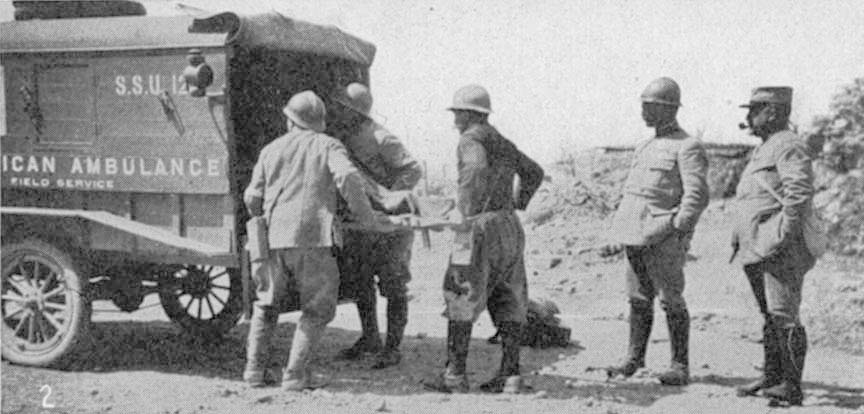CNN.com, November 11, 2014
We celebrate Veterans Day this week, but we have been riding a crest of war remembrance for months now. World War I’s centenary alone has brought forth new books — histories of that war, based on historical documentation and letters unearthed in family and state archives. We look anew at the inscriptions on tombs of known and unknown soldiers and posters from the past whose propagandistic messages shout at us across the divide of time.
But in the midst of this flood of words, an equally significant, and telling, aspect of the Great War has been largely overlooked: the place of silence in and around the conflict.
World War I may call to mind the written word — the harrowing verses of Wilfred Owen or the prose of Erich Maria Remarque, whose “All Quiet on the Western Front” rendered war’s raw brutality. But the experiences of the years 1914-1918 in fact enshrined the notions that language cannot adequately express the experience of combat, that the veteran will often remain silent about war, even to his or her own family, that the speech of soldiers — the euphemisms and slang used on the battlefield, the coded communications used after, among veterans — leaves out as much as it reveals.
Read the entire article at CNN

